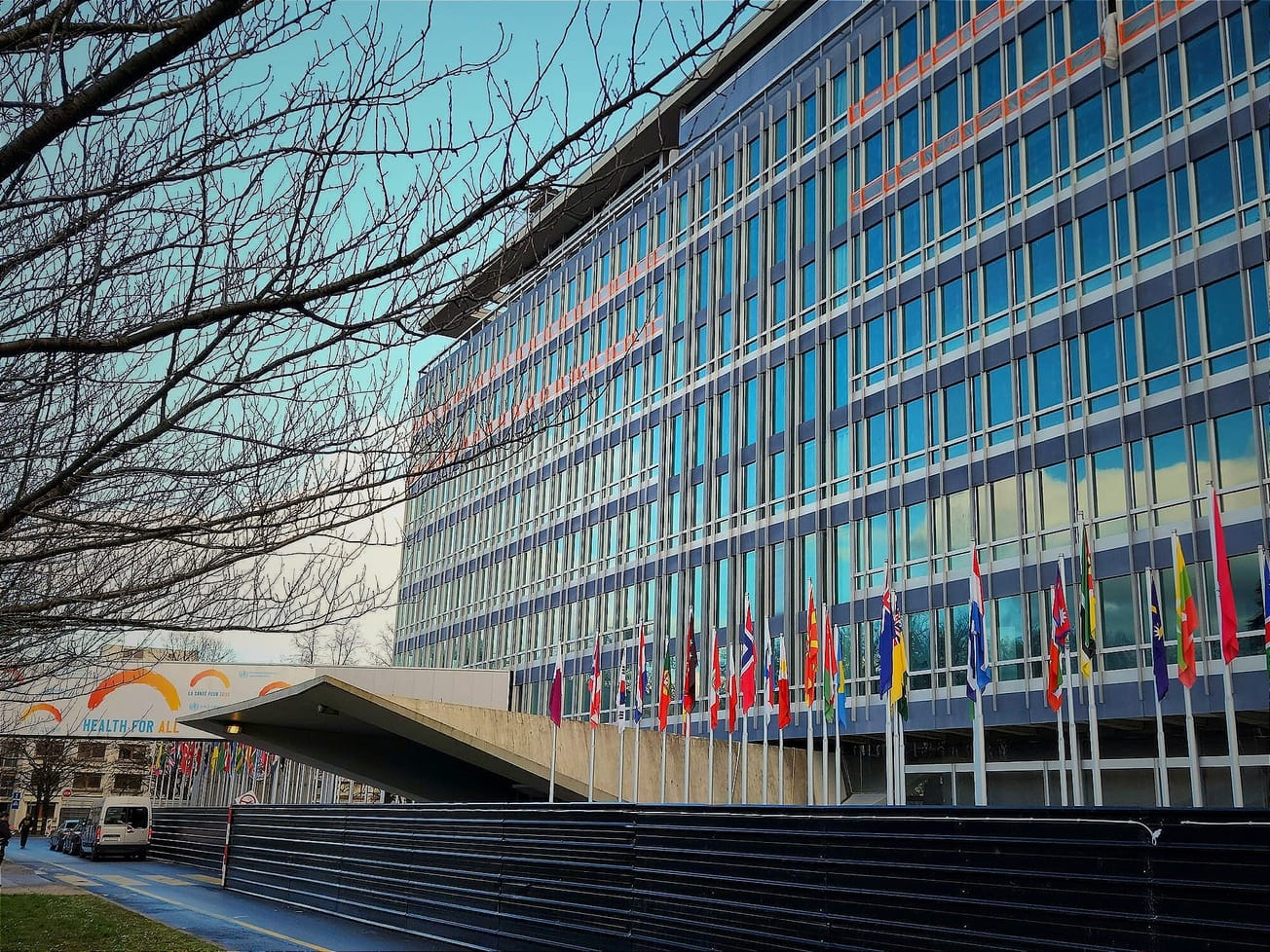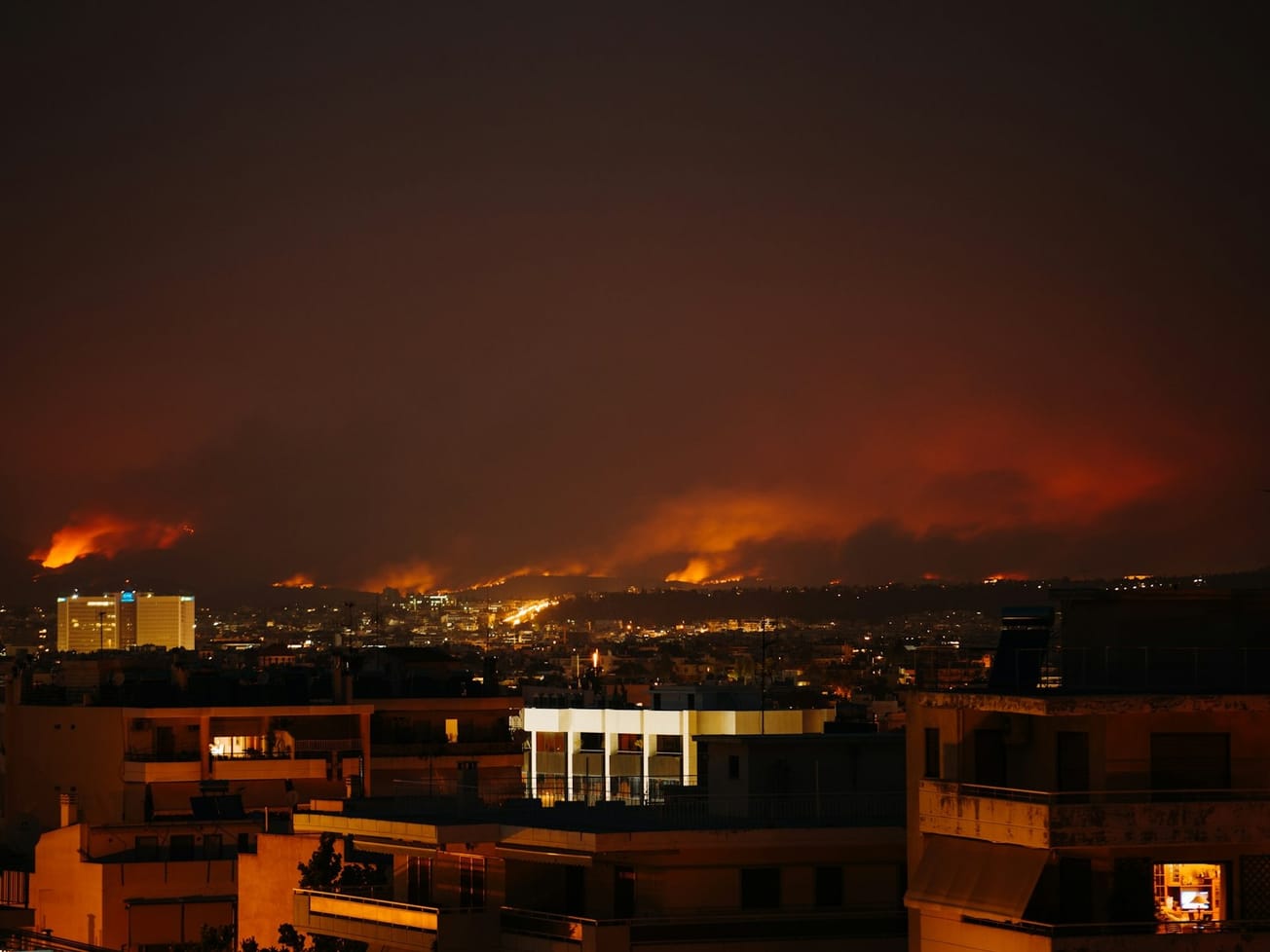GENEVA (AN) – Negotiators hammered out language towards a new draft of the World Health Organization's proposed pandemic treaty, but it remains far from ratification.
The meeting report approved on Friday after several days of talks, including portions conducted behind closed doors, calls for further "informal intercessional work" among parties that have a stake in the process. After lengthy debate about whether to call for input from "proponents" or "experts," text to that effect was deleted.
The talks were led by WHO's Intergovernmental Negotiating Body, which made this first reading of the "zero draft" open to all of WHO's 194 member nations.
The weeklong discussions on the draft pandemic accord marked the fourth meeting of the INB, and are slated to continue based on the World Health Assembly's timetable.
“The efforts this week, by countries from around the world, was a critical step in ensuring we do not repeat the mistakes of the COVID-19 pandemic response, including in sharing life-saving vaccines, provision of information and development of local capacities," said INB co-chair Precious Matsoso of South Africa.
The other co-chair, Roland Driece of the Netherlands, said the initial discussions over "concrete language" sends a clear signal that nations want to work together to prevent future pandemic threats "and respond to them effectively and equitably.”
The next round of negotiations is scheduled for the first week of April with the aim of gathering all the inputs needed to develop a first draft, WHO said. The final draft is supposed to be done in time for the World Health Assembly in May 2024.
WHO Member States have begun negotiations on a global accord on pandemic prevention, preparedness & response using the “zero draft” as a basis for negotiating an agreement to protect nations & communities from future pandemic emergencies. #PandemicAccordhttps://t.co/oh2Y1l4mmt
— World Health Organization (WHO) (@WHO) March 3, 2023
A set of global health agreements
In parallel with the pandemic treaty talks, nations also are discussion more than 300 proposed amendments to the the legally binding international rules that nations must follow when responding to global health emergencies like the COVID-19 pandemic. WHO's International Health Regulations, known as the IHR, represent a binding legal agreement among 196 nations that took effect in 2007.
"The proposed IHR amendments will also be presented to the World Health Assembly in 2024, and would together, with a future pandemic accord, provide a comprehensive, complementary, and synergistic set of global health agreements," the U.N. health agency said.
The pandemic treaty takes aim at the huge inequalities in health care and access to products such as vaccines, therapeutics and tests that the COVID-19 pandemic brought into sharp focus.
It also is intended to expand the sharing of critical information on emerging health threats and WHO's role as coordinator of global health work. Despite critics' claims, it would not override any nation's sovereignty.
Though portions of the talks were live webcast, some health experts expressed concern about whether the full text would be publicly released.
"If the pandemic treaty text is not made public," said James Love, director of Knowledge Ecology International, "some people, like industry, will definitely and predictably have access, and it create asymmetries of who knows and can influence outcomes. Not good."








